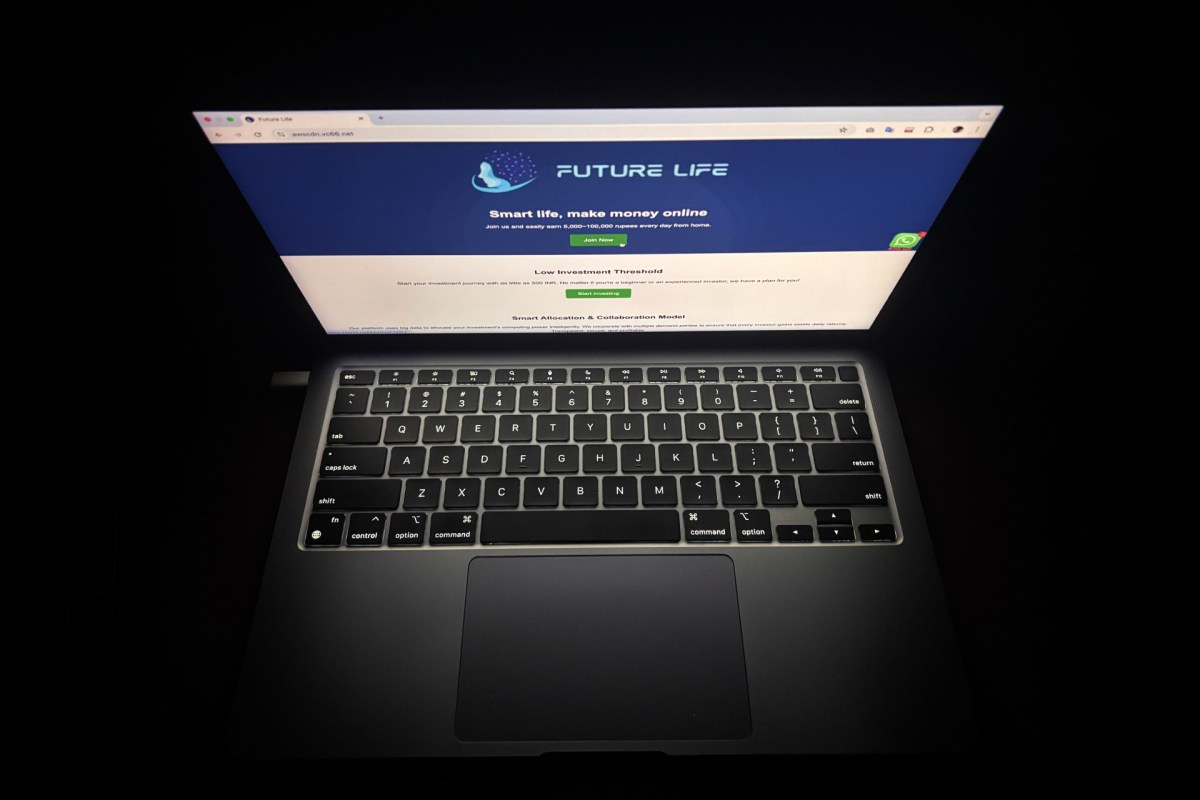
Back in July 2023, a game-changing move by Suumit Shah, the CEO of Dukaan (an Indian online commerce company), got everyone talking about the growing role of artificial intelligence (AI) in business. Shah decided to let go of 90% of Dukaan’s customer service team and replace them with an AI-powered chatbot. This was meant to save money and improve customer experience. Since then, this decision has become a hot topic when it comes to the future of work, automation, and the ethical questions these technologies raise.
What Really Changed at Dukaan?
Switching from humans to AI wasn’t a quick decision. The goal was clear: cut down costs and make services more efficient. When they announced it, reactions were all over the place, especially on social media. People were worried about how little empathy there seemed to be for those who lost their jobs and raised bigger questions about what role humans will play as things get more automated.
A year after this big shift, Suumit Shah shared some impressive results. Customer service stats showed major improvements; response times went from 1 minute and 44 seconds to almost instant replies. Plus, resolving issues that used to take 2 hours and 13 minutes now takes just 3 minutes and 12 seconds. These changes not only made customers happier but also saved Dukaan a lot of money.
Still, people had mixed feelings. Some criticized how suddenly the layoffs happened and worried about finding a balance between using machines and keeping people employed. Inside the company, there were still questions about whether this kind of change crossed any ethical lines.
What’s Next? More Automation on the Horizon
Suumit Shah sees what happened at Dukaan as just one step in his bigger plan for the company. He wants to bring similar automation into other parts of Dukaan too—automating repetitive tasks so that human teams can focus on more creative stuff like innovation and strategy.
This approach is part of a larger trend in many industries. A March 2023 study by Goldman Sachs suggested that AI might replace around 300 million full-time jobs worldwide while also creating new kinds of jobs we haven’t even thought of yet. But this shift isn’t without its challenges, like retraining workers who are affected by automation and making sure AI is used ethically.
Generative AI: What’s at Stake?
Generative AI techs like ChatGPT and MidJourney are changing how businesses operate by offering tools for creating content, writing reports, or managing complicated interactions. Companies are eager to jump on board with these technologies despite worries about their impact on jobs.
Some companies are taking steps to deal with these changes head-on. For example, Forvis Mazars spent over one million euros training its 5,000 employees in France on how to use AI tools effectively. Their strategy focuses on cutting out repetitive tasks while boosting productivity through human-machine teamwork—a pretty different approach compared to Dukaan’s bold move.
The Future of Work: Where Do We Go From Here?
What happened at Dukaan shows both the good sides and tricky parts of bringing AI into business operations. While it’s clear that efficiency goes up, there are big human and ethical issues that need attention.
As technology keeps advancing super fast—sometimes faster than regulations can keep up—the real challenge is balancing innovation with being socially responsible. Beyond just numbers or dollars saved, what’s really at stake is what work will look like for humans in the future—a topic that needs careful thought from businesses everywhere as they step into this new era.
Got a reaction? Share your thoughts in the comments
Enjoyed this article? Subscribe to our free newsletter for engaging stories, exclusive content, and the latest news.








Leave a Comment